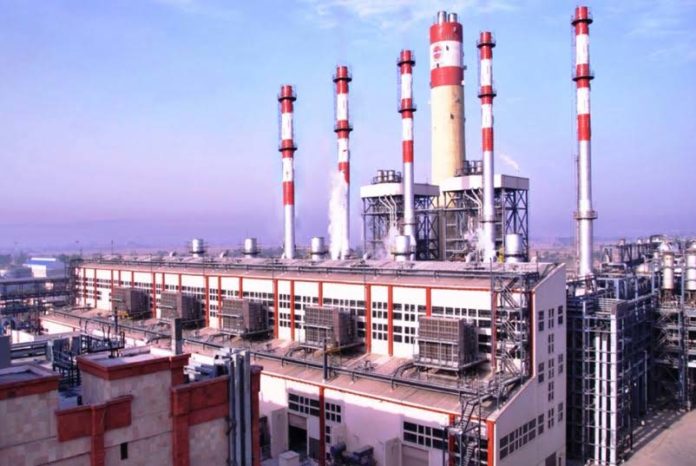
ISLAMABAD: The petroleum division has sought an approval from the federal cabinet to provide approximately Rs25 billion worth subsidy for supply of imported gas on subsidized rates to captive power plants, said sources on Monday.
Sources in petroleum division informed Pakistan Today that although honourable Supreme Court (SC) in its decision in 2013 decided that the supply of gas to captive power plants should be revised to a lower priority and not at a subsidized rate, however, division (Petroleum) has now sent a summary to federal cabinet, seeking approval for supply of imported gas to captive power plants on subsidized rates.
They said that the petroleum division has asked for a Rs25 billion subsidy for supply of imported gas to captive power plants for nine months.
The summary of petroleum division is likely to be presented during next federal cabinet meeting which is scheduled to be held on next Thursday, said sources.
“Petroleum division’s summary also mentions SC decision which clearly directs to supply of gas to captive power plants as lower priority and not at a subsidized rate, but division has sought supply of imported gas on subsidized rates to captive power plants which are established under in various industrial units of the country,” said sources.
The sources added that the SC in its decision clearly said, “However, as far as captive power plants are concerned, the policy must be revised and without any justification, they cannot be allowed a supply of gas to produce electricity at much higher than the NEPRA rate instead of subsidized rate to NTDC.
Therefore, the supply of gas to captive power plants should be revised to a lower priority and not at a subsidized rate.”
A copy of Petroleum division summary carrying subject gas/RLNG supply to industrial sectors (exporters of five zero-rated sectors namely textile (including jute, carpets, leather and surgical goods has disclosed various proposals for consideration of the federal cabinet apparently to meet the policy decision of federal government to boost the exports of the country as well as foreign exchange earnings by providing required fuel/electricity along with financial assistance to the zero-rated industry.
Since there is a differential in the sale price of RLNG and the indigenous gas whereas the supply of RLNG or mix of both at $6.5 per MMBTU would require a subsidy for the zero-rated industry, said petroleum division in its summary for federal cabinet.
Seeking approval from the federal cabinet for budgetary allocation of Rs25.75billion as a supplementary grant under the demand of petroleum division for current fiscal year (CFY), petroleum division has also asked to allow Finance Division for the creation of subsidy head under the budget of petroleum division.
The division said subsidy will be provided to both zero-rated industry and its captive power units as per the clarification of the ECC (economic coordination committee) of the cabinet.
The subsidy will be disbursed on monthly basis on the actual verified billing provided by SNGPL, Petroleum Division, said a summary of the petroleum division, a copy of which is available with Pakistan Today.
Petroleum division, in its summary, also proposed to the federal cabinet that the captive power units shall use the electricity for self-consumption only and shall not sell electricity to the national grid.
Power division shall ensure this through administrative measures.
“A committee comprising of representatives from power, finance, industries and petroleum divisions be constituted to review the extent of continuation of the above subsidy and supply of gas to captive power units after the notification of a separate power tariff for zero-rated industry i-e 7.75 cents per KWH taking into account the minimum operating efficiency approved by the ECC in early-2013,” said petroleum division’s summary.
It is relevant to mention that this summary was not circulated to the ministries of finance, industries, & production, planning and power division for comments.
They may offer their views during the cabinet meeting, said the summary of the petroleum division.






